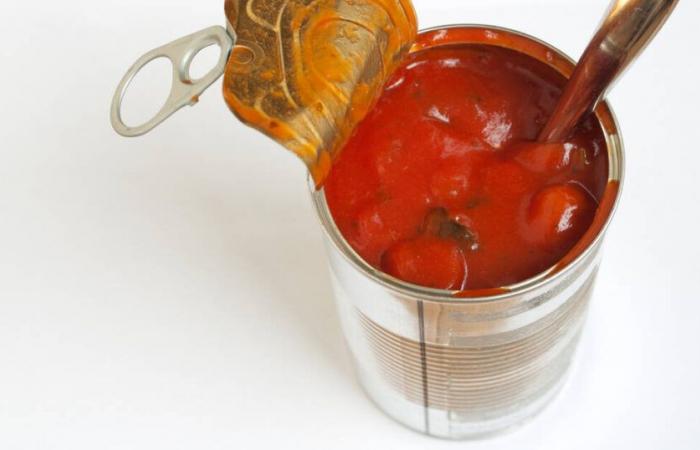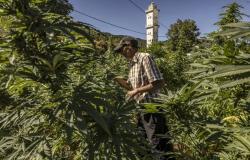In our supermarkets
Article reserved for subscribers
After the BBC’s revelation about tomato purees containing fruits harvested by Uighurs, there are ways to find your way around the time of purchase. “Libé” did the test: on 7 of the 10 tubes found in 6 supermarkets, the labels left some doubt.
On December 2, the BBC revealed that certain so-called Italian tomato purees, sold in British supermarkets, contained tomatoes grown in Xinjiang (northwest of the country) and whose picking had involved forced labor. Information which, unfortunately, is not surprising: in 2017, with the publication of his major investigation into tomatoes, journalist Jean-Baptiste Malet stated in the Empire of red gold (ed. Fayard) that “the birth of the Chinese sector, […] [la] tomato harvest was being done […] with the contribution of labor provided by the Laogai prisoners, the “re-education through labor camps” of the People’s Republic, the Chinese gulag camps. The BBC went even further by interviewing “14 people who say they suffered or witnessed forced labor in Xinjiang’s tomato fields over the past sixteen years.” Obviously, the question immediately arose: are these tomato pastes, made from exploited labor, also found in French supermarkets?
“When a ketchup or a can of concentrate does not indicate the origin of the tomatoes, it is very likely that they come from Xinjiang», affirms to Libé Jean-Baptiste Malet. To know if a brand is ethically reliable, “you must be wary of the indication “Italian tomatoes” and ensure that it is correctly written “100% Italian tomatoes”, he adds.
Swiss





